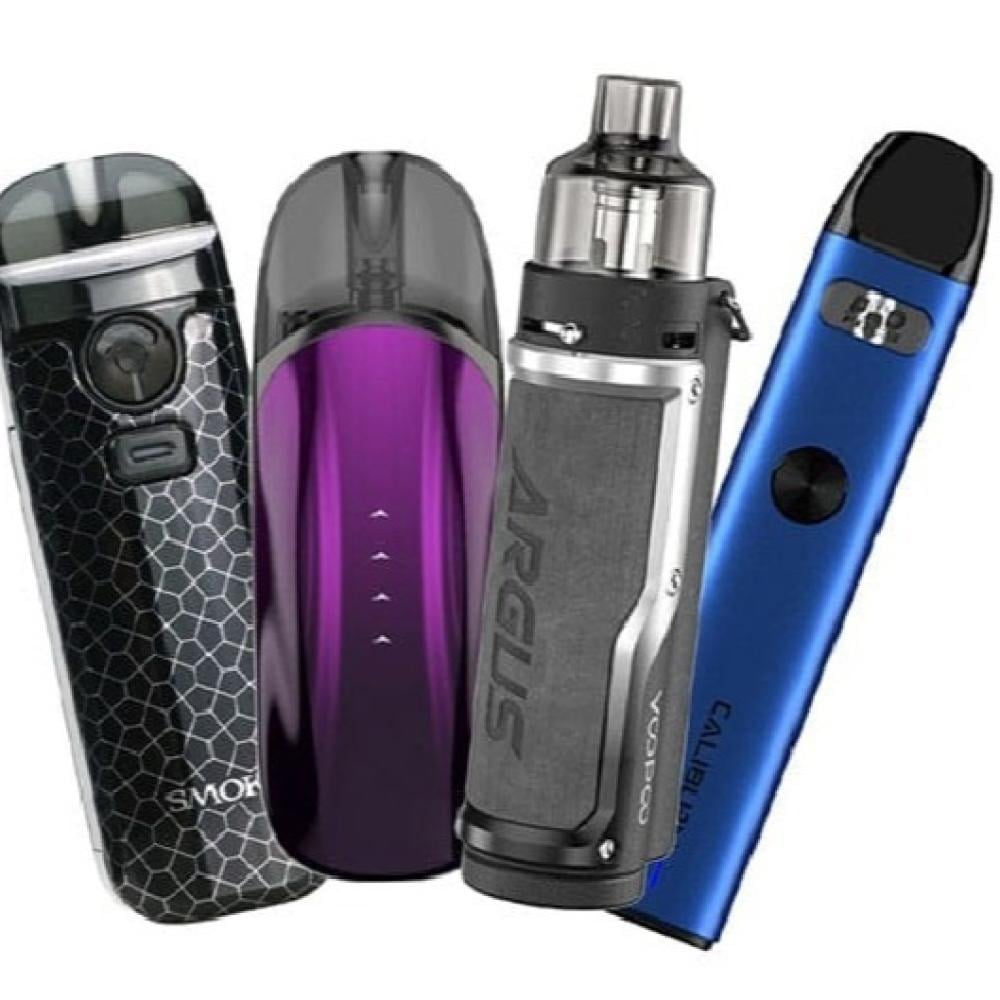Electronic cigarette regulations and market dynamics in Egypt present a unique landscape compared to many other countries.
Legal Status and Regulation
The sale and import of electronic cigarettes is not illegal in Egypt. However, it operates within a complex regulatory environment with limitations:

- No Specific Legislation: Egypt lacks dedicated legislation specifically governing e-cigarettes, vapes, and nicotine-containing liquids.
- Ministry of Health Guidelines: The Ministry of Health (MoH) issues guidelines requiring nicotine-containing e-liquids to be acquired through licensed pharmaceutical importers, effectively treating them as pharmaceutical products. Enforcement of this is variable.
- Taxation: Vaping products, including devices and e-liquids (with or without nicotine), are subject to standard Value Added Tax (VAT) at the current rate (typically 14%). Unlike traditional tobacco products, they do not currently attract specific “sin taxes”.
Market Landscape
- Availability: Despite the regulatory ambiguity, e-cigarettes, devices, accessories, and e-liquids are widely available in Egypt, primarily through online retailers and dedicated vape shops in major cities like Cairo and Alexandria. Sales also occur via social media platforms.
- Product Sources: Products are mostly imported, often from China and other international manufacturers. Some local assembly or rebranding may occur.
- Regulatory Enforcement: Enforcement of the MoH guidelines concerning nicotine liquid import channels is inconsistent. Many non-pharmaceutical retailers openly sell a wide range of products, including those containing nicotine.
Consumer Considerations
- Price: Due to VAT and import costs, device prices can range widely. E-liquids are generally significantly cheaper than cigarettes, often costing 1/3 to 1/2 the price per equivalent nicotine consumption (though prices vary considerably).
- Age Restrictions: Legitimate vendors often apply age restrictions (18+ or 21+) for sales, but enforcement varies, and access can be easier online.
- Perceived Safety: While marketed as a less harmful alternative to smoking by some, the long-term health impacts and specific risks of vaping are not fully established. They are generally perceived by users as less harmful than smoking but not harmless.
- Heated Tobacco Products (HTPs): Products like IQOS fall into a distinct, largely unregulated category in Egypt. They are available but operate in a significant legal grey area without specific authorization or clear taxation.
Key Considerations
- ⚠️ Regulatory Uncertainty: The lack of specific legislation creates a fluid market but also potential risks for consumers and businesses.
- ⚠️ Product Origin and Quality: Consumers should be cautious about product quality, authenticity, and source due to the diversity of suppliers and limited regulatory oversight.
- ⚠️ Nicotine Content: E-liquids containing nicotine are widely available despite MoH import guidelines. Consumers should verify nicotine strength.
- ⚠️ Heated Tobacco Products: HTPs currently lack clear authorization or regulation in Egypt.









